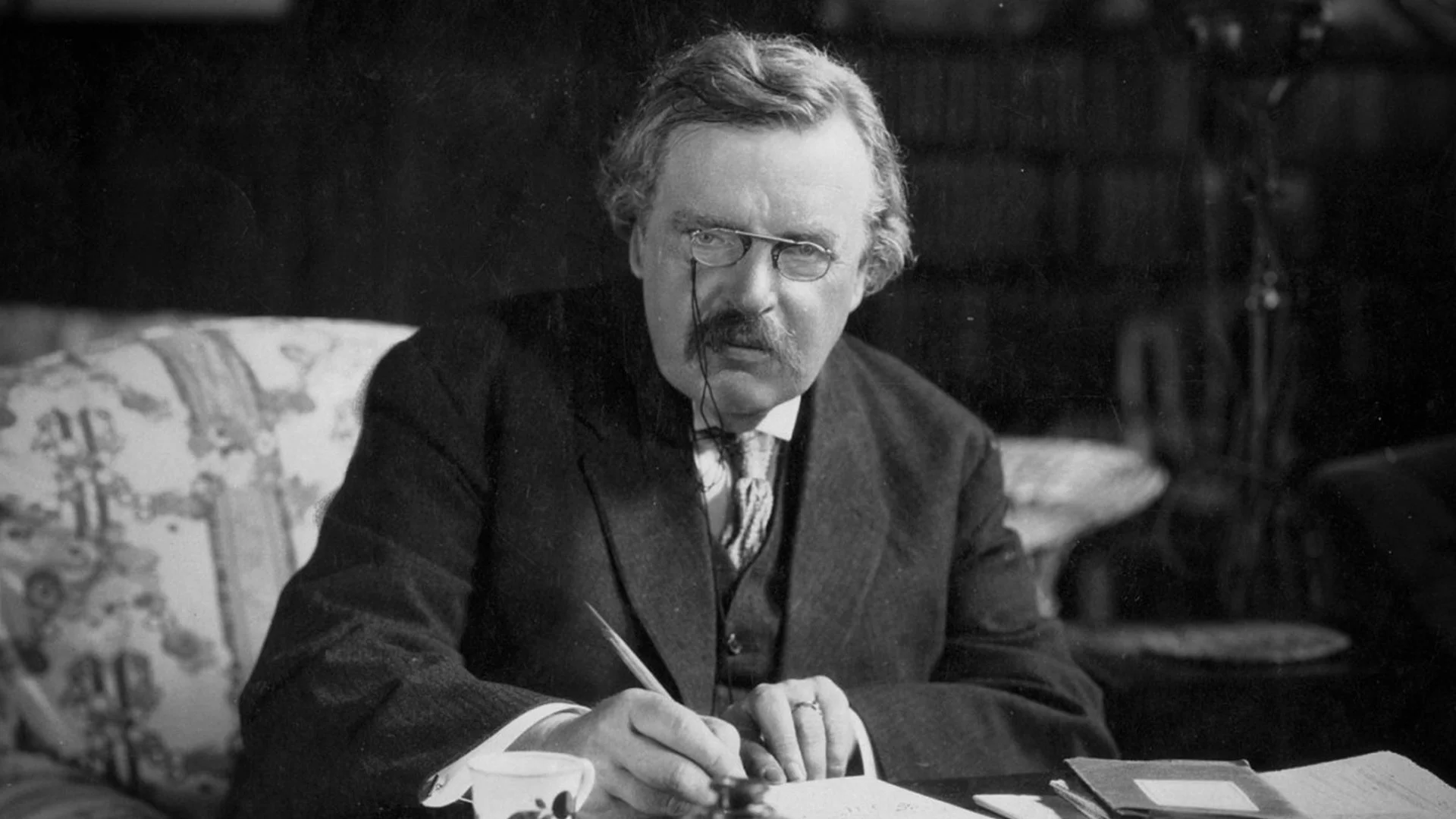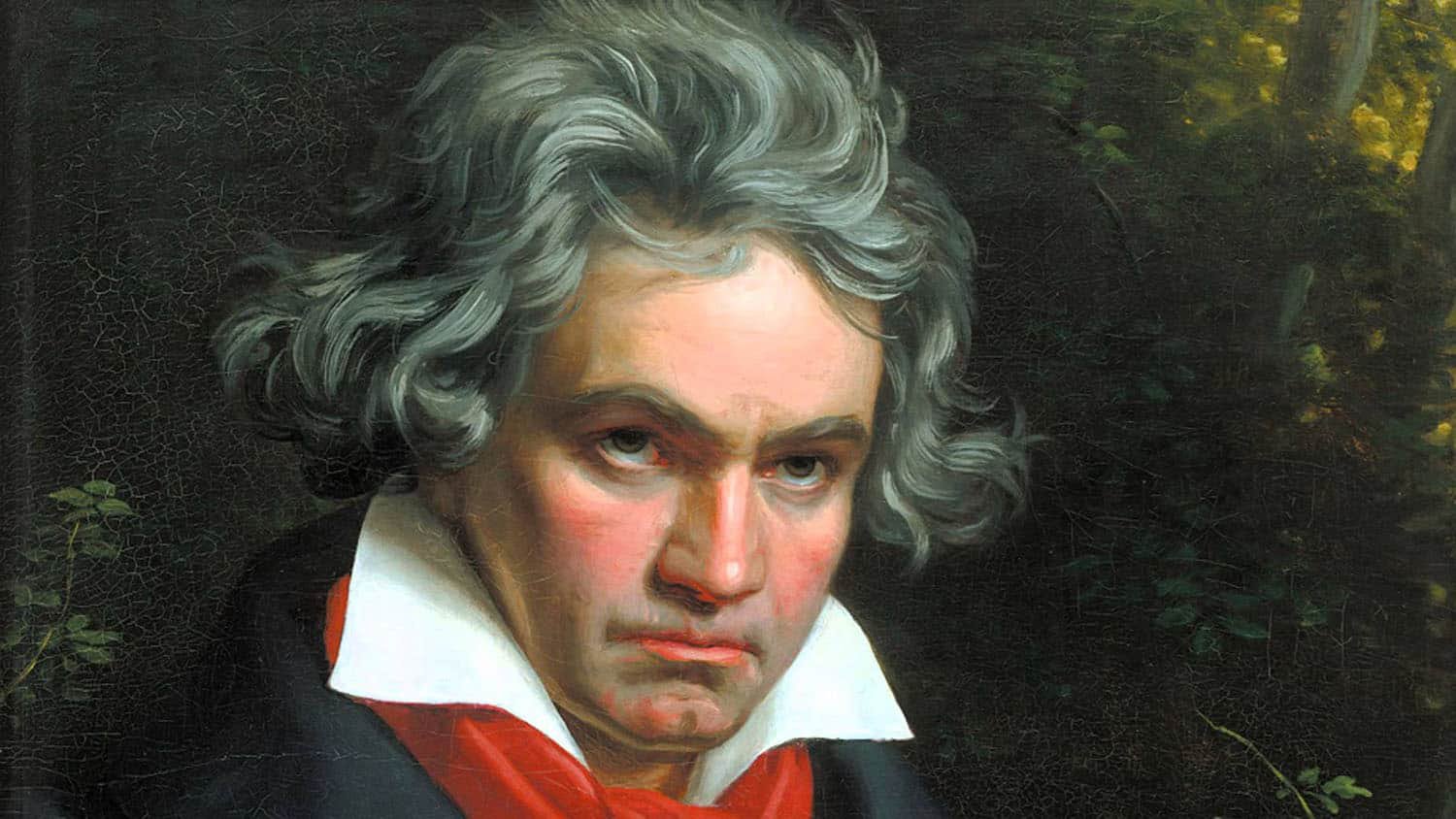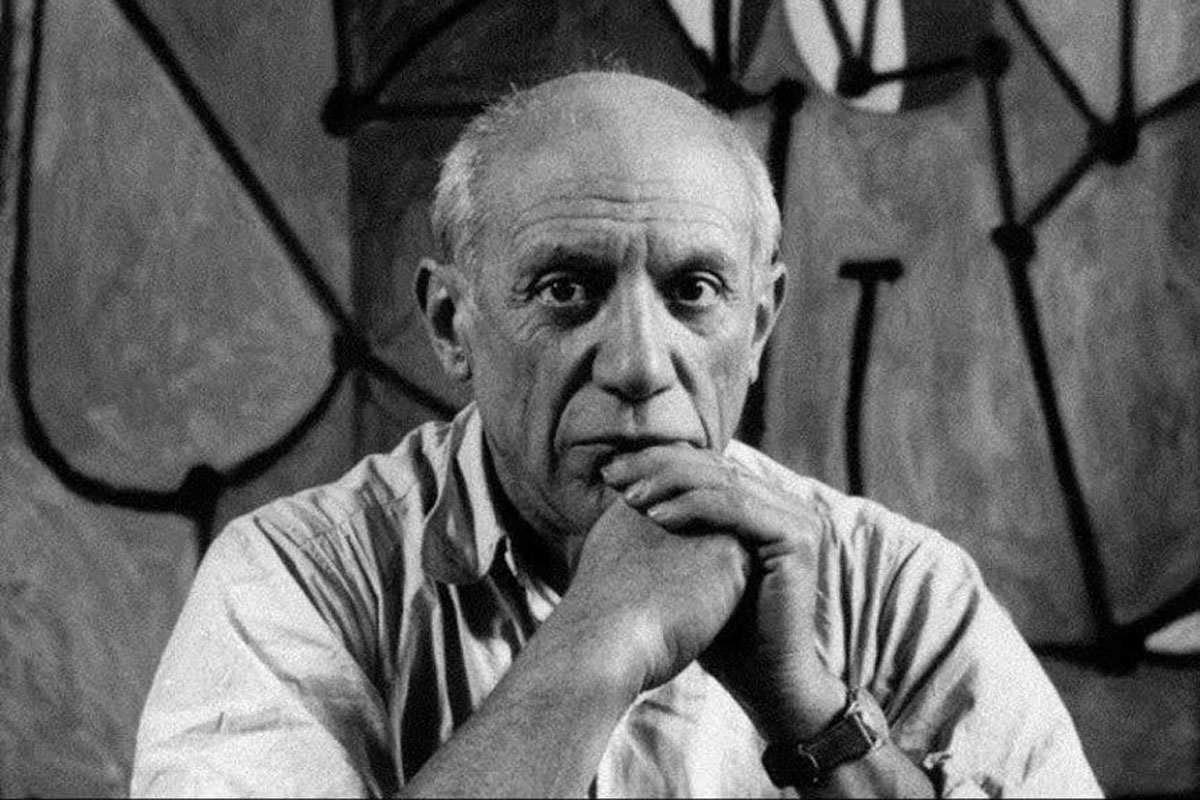This series of articles seeks to examine the character attributes of highly successful leaders, regardless of their adherence to a strong faith or moral standard. In presenting these thoughts, Leadership Ministries is not agreeing with or advocating these traits or practices, but rather presents these as ideas for discussion and development in your own leadership journey.
Charles de Gaulle (1890 – 1970) was a French army officer and stateman who led France against Nazi Germany during World War II. After the war he helped to restore order in France, rewriting its constitution. Eventually he came out of retirement to serve as Prime Minister and then as President of France from 1965-1969. De Gaulle was a controversial figure. His leadership style and advocacy for French interests was seen as petulant both domestically and abroad. He is esteemed by his countrymen as one of the country’s greatest leaders. In 1969 he resigned after his government was defeated in a referendum on constitutional reform, and he died the following year.[1]
Biographer Michael E. Haskew comments, “Convinced that his personal destiny and that of his beloved France were intertwined, de Gaulle’s life was dedicated to advancing its preeminence among nations. Even while the country lay prostrate before the Nazis, he maintained the honor of the French people, choosing to resist rather than to collaborate. His presidency was no less visionary; under de Gaulle, France became a nuclear power, granted autonomy to more than a dozen of its former colonial holdings, and maintained an influential presence on the world stage.”
Draw a line. De Gaulle was born in 1890 in Lille, France. He graduated from Staint-Cyr Military College. De Gaulle participated in combat in World War I, where he was captured and wounded several times. In World War II, de Gaulle was a colonel and later appointed Undersecretary for War. In 1940 he emigrated to Great Britain because he refused to accept his government’s armistice with Germany.[2] Throughout the war de Gaulle challenged Germany as the leader of the government-in-exile, Free France. He was constantly butting heads with British Prime Minister Winston Churchill to ensure the interests of France were considered during hostilities. He said to the BBC, “Whatever happens, the flame of French resistance must not be extinguished, and it will not be extinguished.” He was very critical of French leaders who agreed to a cease-fire with Nazi Germany. He emphasized the importance of supporting the allies—especially the United States and Great Britain—for victory in the war.
De Gaulle in a parade upon the liberation of France at the close of World War II.
Use your charisma. Following World War II, France fell into disarray. Existing political groups formed a parliamentary government and de Gaulle spent the next 12 years away from public life. By 1958 France was internationally weak and politically unstable—the people of the country believed a strong leader was needed. De Gaulle stepped forward to run for President. He succinctly described France’s desperate factions of leadership with his now=famous phrase, “How can you govern a country which has 246 varieties of cheese?” De Gaulle ran on a nationalistic platform, wanting to return glory and power to France on the world stage. As President, de Gaulle made extraordinary foreign and security policy decisions, including France’s nuclear politics, NATO membership, and decolonization.
Thanks to de Gaulle’s charismatic efforts, France became the fourth nuclear power after the USA, Great Britain, and the Soviet Union. De Gaulle aimed to position post-World War II France as the self-determination supporter and the decolonization champion. As Charles de Gaulle explained, “It is very good that there are yellow French, black French, brown French. They show that France is open to all races and has a universal vocation.”
Say no to chaos. De Gaulle saved France several times from a deep crisis. In 1968, demonstrations of workers and students began in cities across France, accompanied by violent suppression efforts from government. Demonstrators united around the problems of justice, unemployment, and market globalization. Ten million people rebelled. The metro stopped in Paris. Airports were closed. Ships with red flags appeared on the coast of France, and railway and sea traffic were disrupted. Big cities were in danger of starvation.
De Gaulle’s answer to the protests was simple: yes to reforms, no to chaos. The general appointed immediate parliamentary elections. The French preferred peace to revolution, and de Gaulle won election again. However, his authority and popularity declined. As a result of a 1969 referendum, de Gaulle resigned as president of France. De Gaulle died suddenly in 1970.
President de Gaulle receives US President Nixon in France, 1969.
The influence of Charles de Gaulle’s political views was so great on France that the concept of Gaullism was born. Gaullism espoused the complete independence and strength of France and preferred independence from international organizations (the UN, the EU, NATO), superpowers (the United States, the Soviet Union), or financial institutions. All the presidents of the Fifth Republic were and are guided by Gaullist principles. De Gaulle did not oppose the waves of decolonization and self-determination of nations either, saving France from overseas conflicts. Charles de Gaulle’s memoirs begin with the words, “All my life, I have formed a certain idea of France.” His successor, Georges Pompidou, announced on the day of the general’s funeral that Charles de Gaulle gave France institutions, independence, and a place in the world.



































Frank Winfield Woolworth was an American entrepreneur, and founder of the F. W. Woolworth Company. He pioneered the retail variety stores which featured low-priced merchandise selling for 5 and 10 cents.